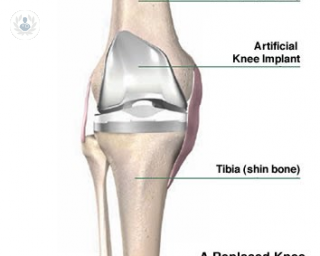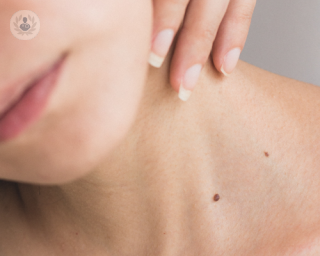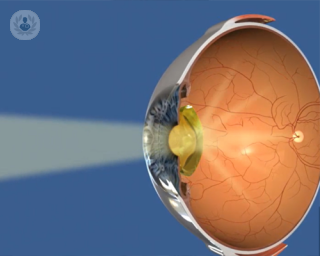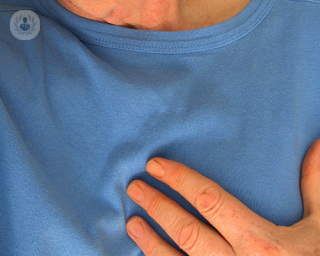
By Mr Michael Wanis
08.11.24
Cutting through with Aquablation
Aquablation is a minimally invasive surgical procedure that uses high-pressure water jets to resect any excess tissue of the prostate. It is a new technology that is changing how men can get treatment for benign prostate enlargement (BPE). In this article, a consultant urologist explains this technique in further detail.
















